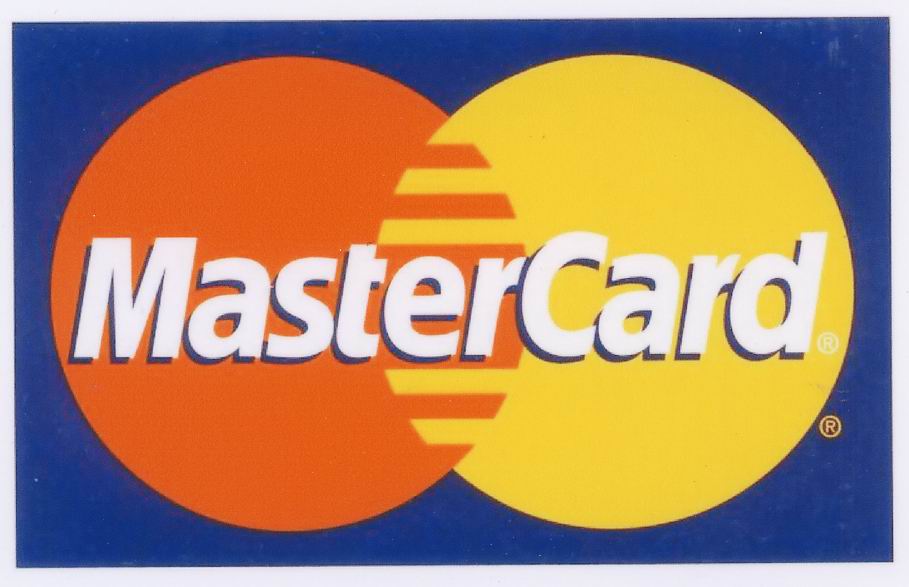Mastercard is one of the world’s largest credit card providers, and it serves hundreds of millions of people all over the world.
A chargeback is a process that occurs when a cardholder can prove beyond any reasonable doubt, that the quality, quantity, or timeframe of a product or service, promised by a merchant has been violated. In order words, a credit cardholder can file a chargeback claim with the card issuer for a refund, if they (customer) did not get exactly what they were made to believe they were buying during purchase, or if the order failed to deliver as advertised. And Mastercard is a reputable, and one of the world’s largest credit card issuer has its own set of policies and guidelines that governs a chargeback complaint process.
Master Card Chargeback Process:
Immediately a chargeback request is forwarded to Mastercard by the cardholder, MasterCard will issue a ‘provisional’ credit to the holder, at the expense of the merchant until the issue is settled. Then an “auto-resolve” process will be activated, this will, first of all, send a request to the Acquiring bank for a document that supports the dispute. And until the documents arrive, the chargeback request receives a pending status.
Upon the receipt of the documents, MasterCard will send a formal letter of chargeback to the merchant, expecting the merchant to respond in-between 8-10 business working days. There will be no second warning. The response of the merchant must then include documents that will count each of the claims of the cardholder and a rebuttal letter that will convey their own point of view. If MasterCard’s credit department found the paperwork of the merchant to be intact, and the process leading to the purchase appears to be in order, a reversal is made on the chargeback, the merchant will be credited back, and MasterCard will now tentatively bear the chargeback cost.
However, if the documents supplied by the merchant do not prove a valid reason that can lead to the reversal, MasterCard will again contact the merchant for more explanation and information, but the merchant stays debited, and the first Reversal Process is activated.
The merchant at this point will now send a “Merchant Letter” to MasterCard with further proof that the dispute should be reversed. Then one of two things is likely to happen.
It is either the MasterCard Chargeback Analyst who found the request as invalid and then put a “Request Denied” on the status before closing the phase, or he deems the response of the merchant to be valid, and then reverses the issue back, debiting the account of the merchant bank.
These processes of chargeback require a lot of back-and-forth from MasterCard, the Acquiring bank, and the Merchant, which cannot only take a lot of time but could be tiresome. The only option available to the customer is patience, with the understanding that MasterCard will go to any length to ensure that his interest is being protected and well taken care of.


Leave a Reply